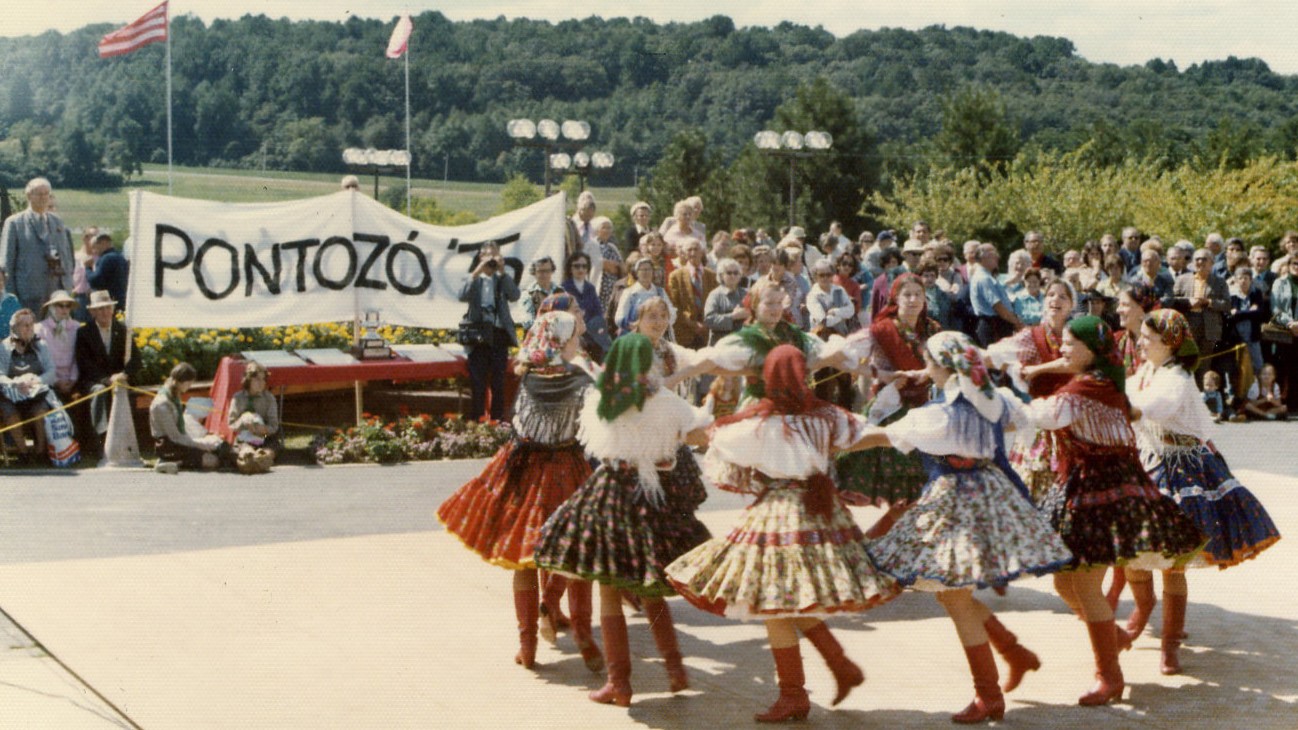
‘The absolute number of those claiming Hungarian descent in the American censuses, approx. 1.5 million, has remained largely unchanged over the past few decades. Even if the communities dwindle, there will always be those who will do their best to be ‘Hungarian’. Because what does it take for someone to remain Hungarian in the diaspora? You need a Hungarian identity…and a culture you are proud of that you don’t throw away and don’t replace,’ says Kálmán Magyar Sr., conceiver of the Pontozó folk-dance festival.
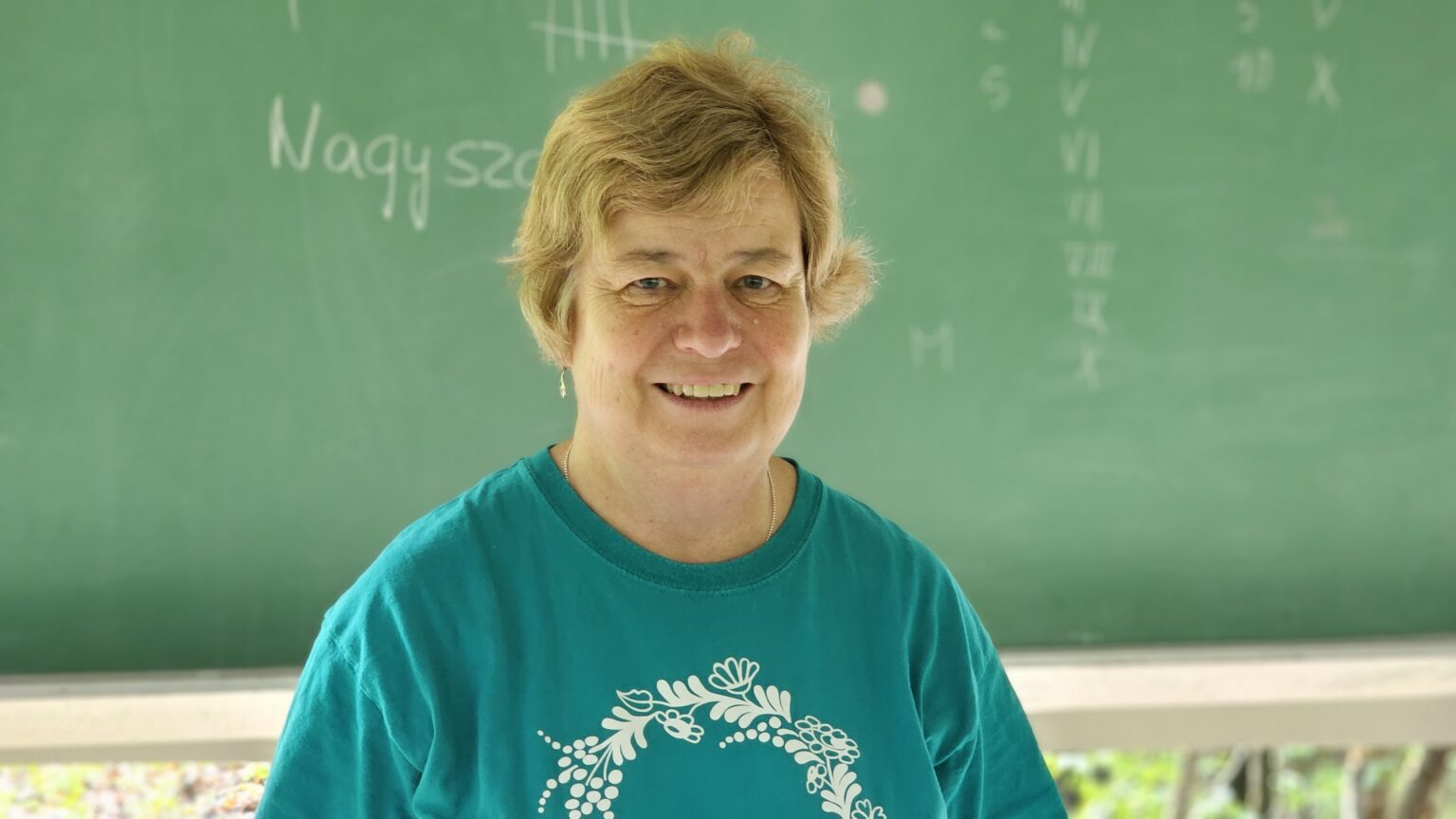
An in-depth interview with Hungarian teacher Kata Tóthné Kollár, principal of the Sándor Kányádi Hungarian School in the San Francisco Bay Area and director of the two-week Hungarian School Camp in Fillmore, New York. She came to the United States almost 30 years ago, and became a teacher at the Hungarian school right after enrolling her two daughters there.
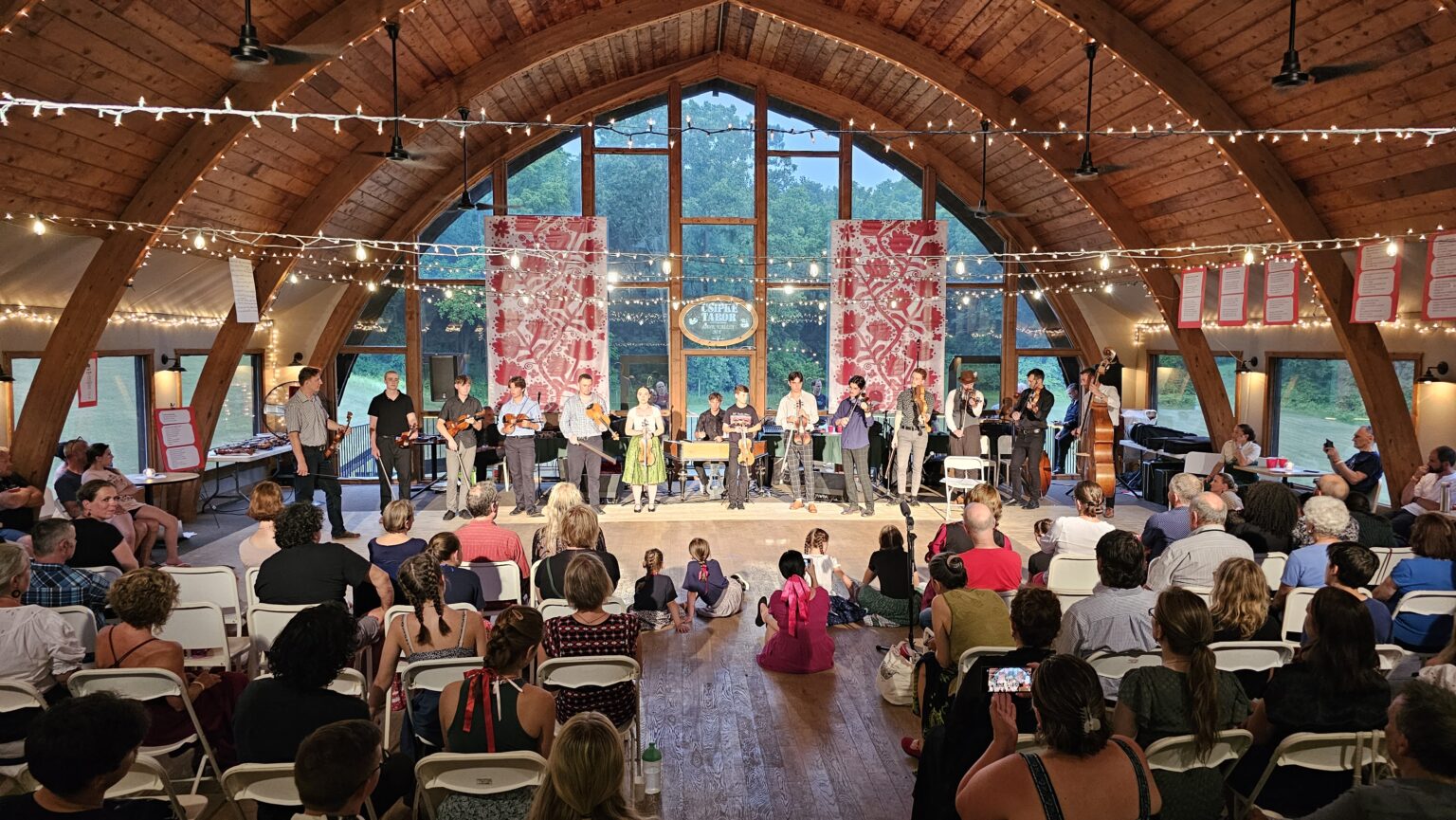
An interview with the artistic director of the Csipke Ensemble about the challenges and beauties of organizing the premier Hungarian dance camp in the United States, as well as about family, Transylvania, folk dancing, and more.
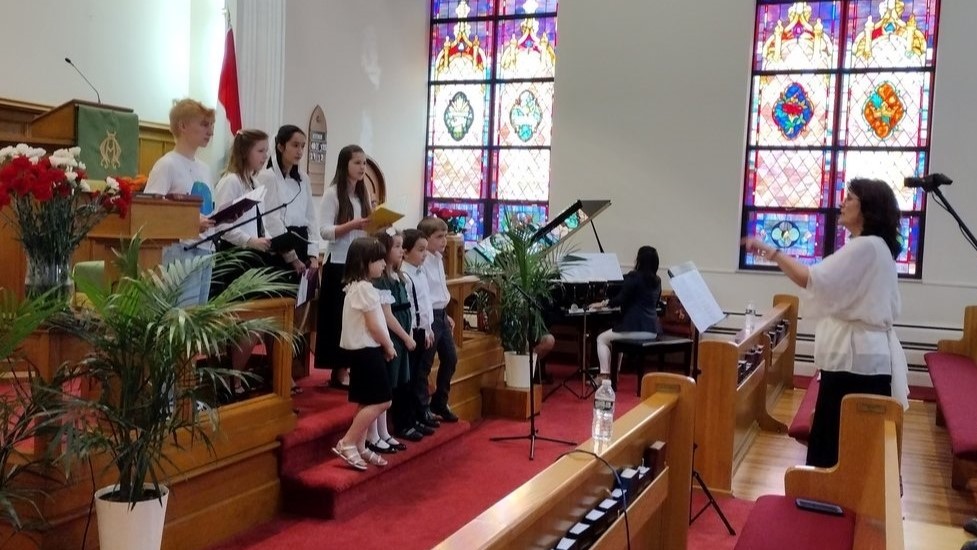
‘The immigrants, such as me, are called Hungarian American, and those who were born here are American Hungarians. Our mentality can differ for many understandable reasons, but we are all bound together by the same mission: our love for God and for each other,’ says Reverend Zsolt Ötvös, who leads the diverse and vibrant Magyar Reformed Church congregation in New Brunswick.
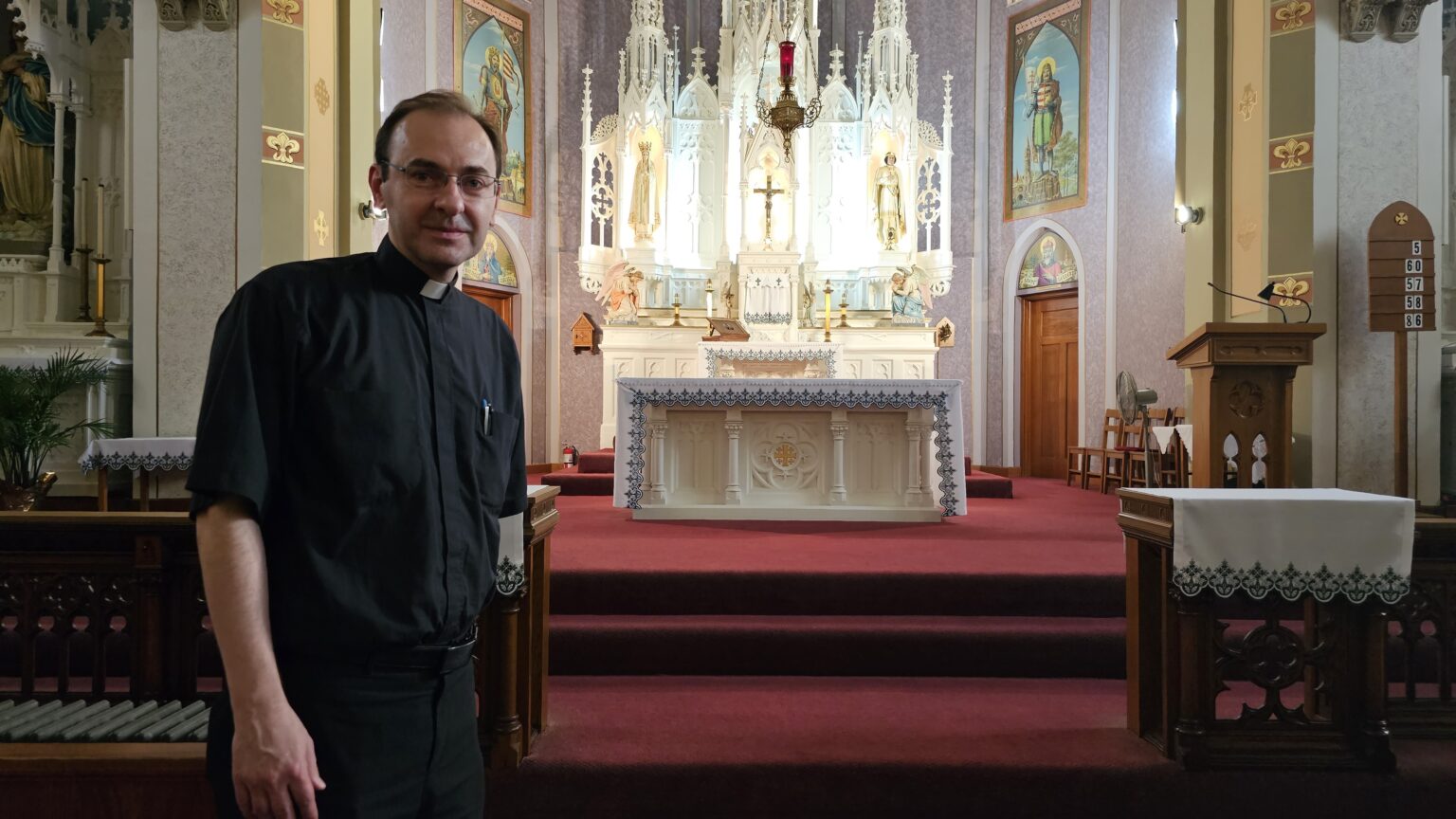
An in-depth interview with Richárd Bóna, who, after finishing seminary in Cleveland and becoming an ordained priest, served in English-speaking parishes for eight years, followed by his assignment in Washington, DC for further studies. In 2020 he finally became the Pastor of St. Emeric and St. Elizabeth Parishes.
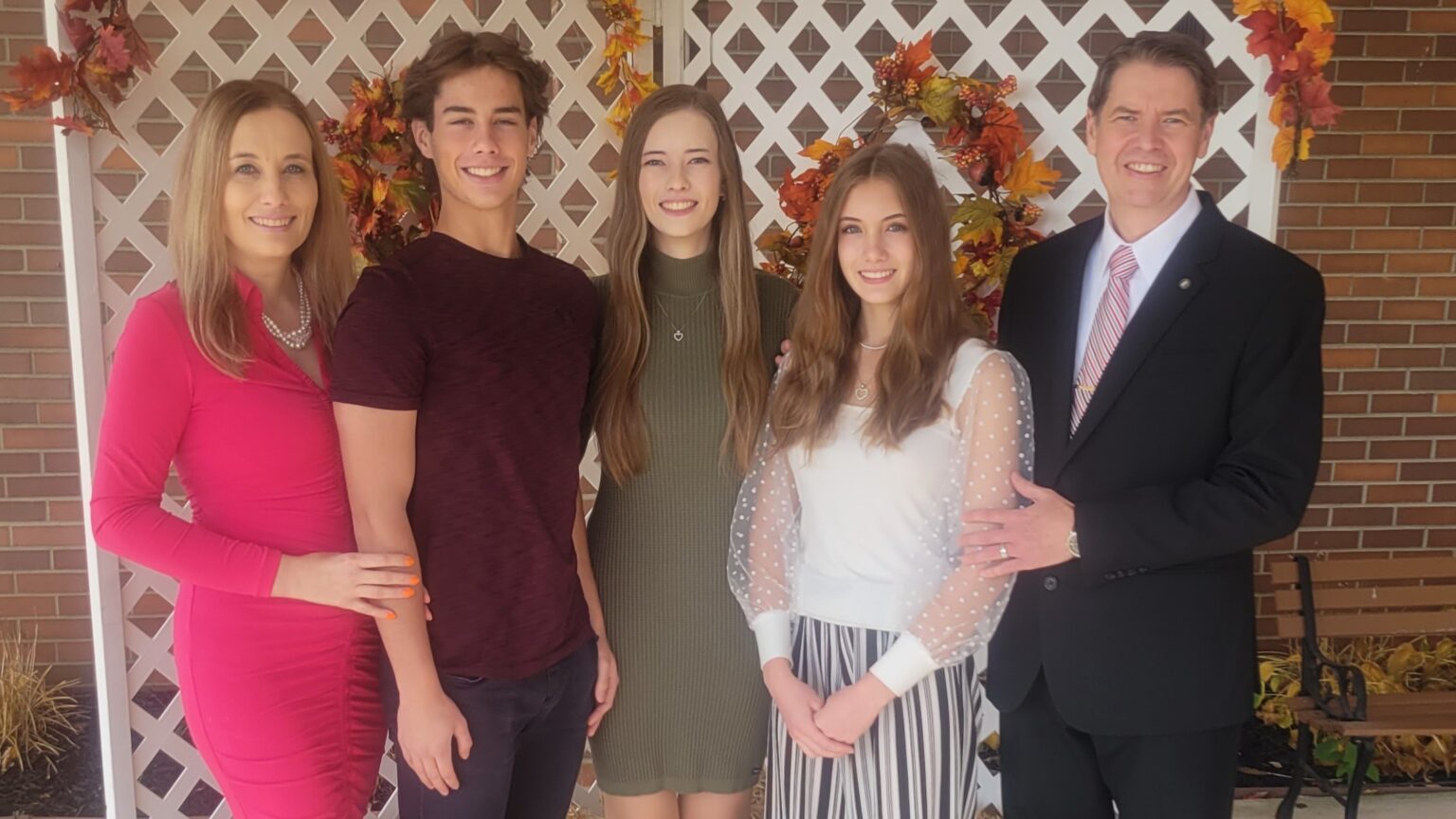
An in-depth interview with Rt. Rev. Dr. Csaba Krasznai, Hungarian Reformed Bishop of the Calvin Synod Conference of the United Church of Christ and Honorary Consul of Hungary; and his wife, Beáta Krasznai, a teacher, psychologist, principal of the church’s Sunday school and the Nebuló Hungarian Language School, who have been living and serving in Cleveland for more than 20 years.
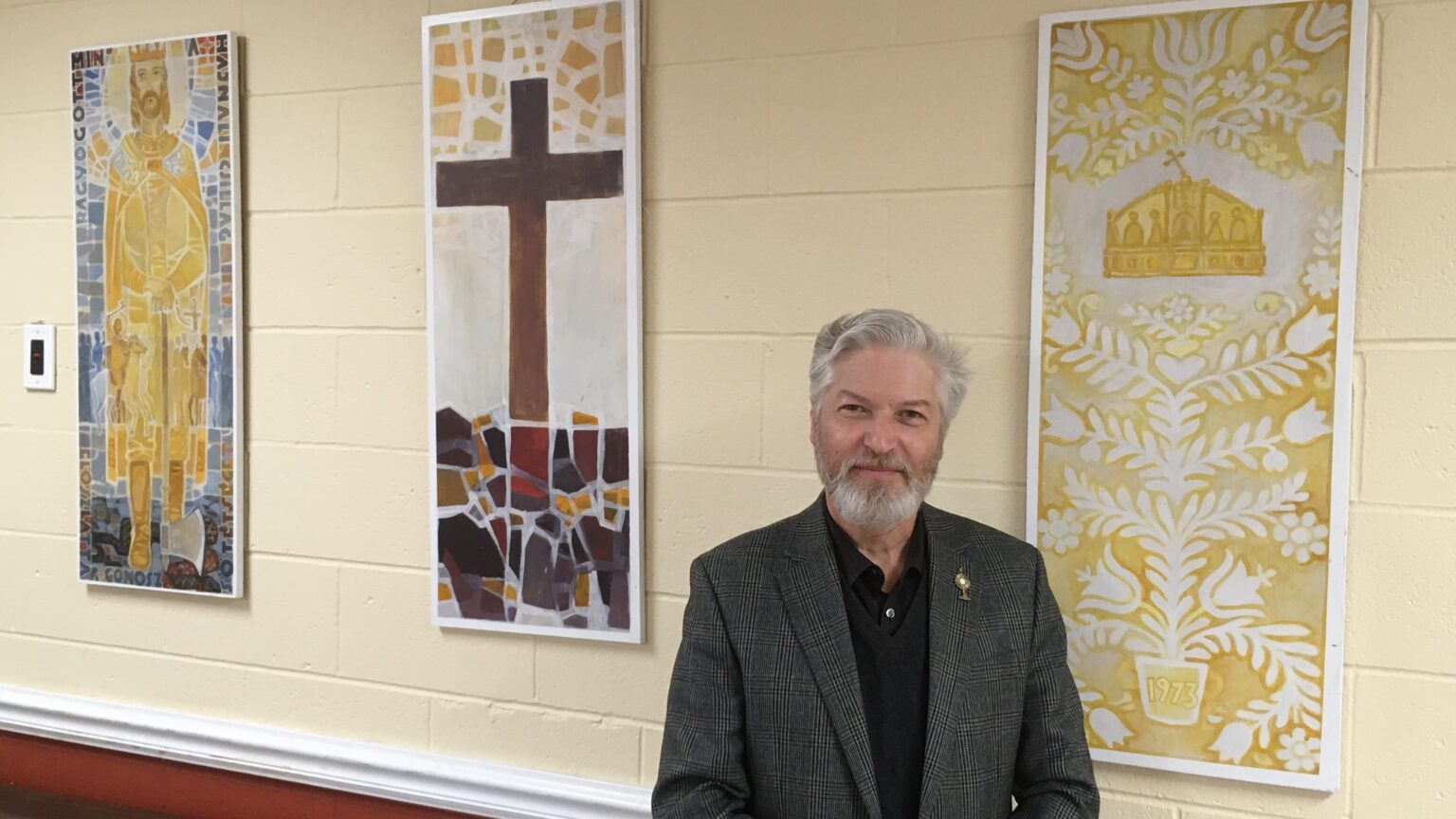
An extraordinary life blessed with unshakeable faith, dedicated to selflessly serving the community: meet Dr. István Horváth, a pillar of the New Brunswick Hungarian American community, and his family.
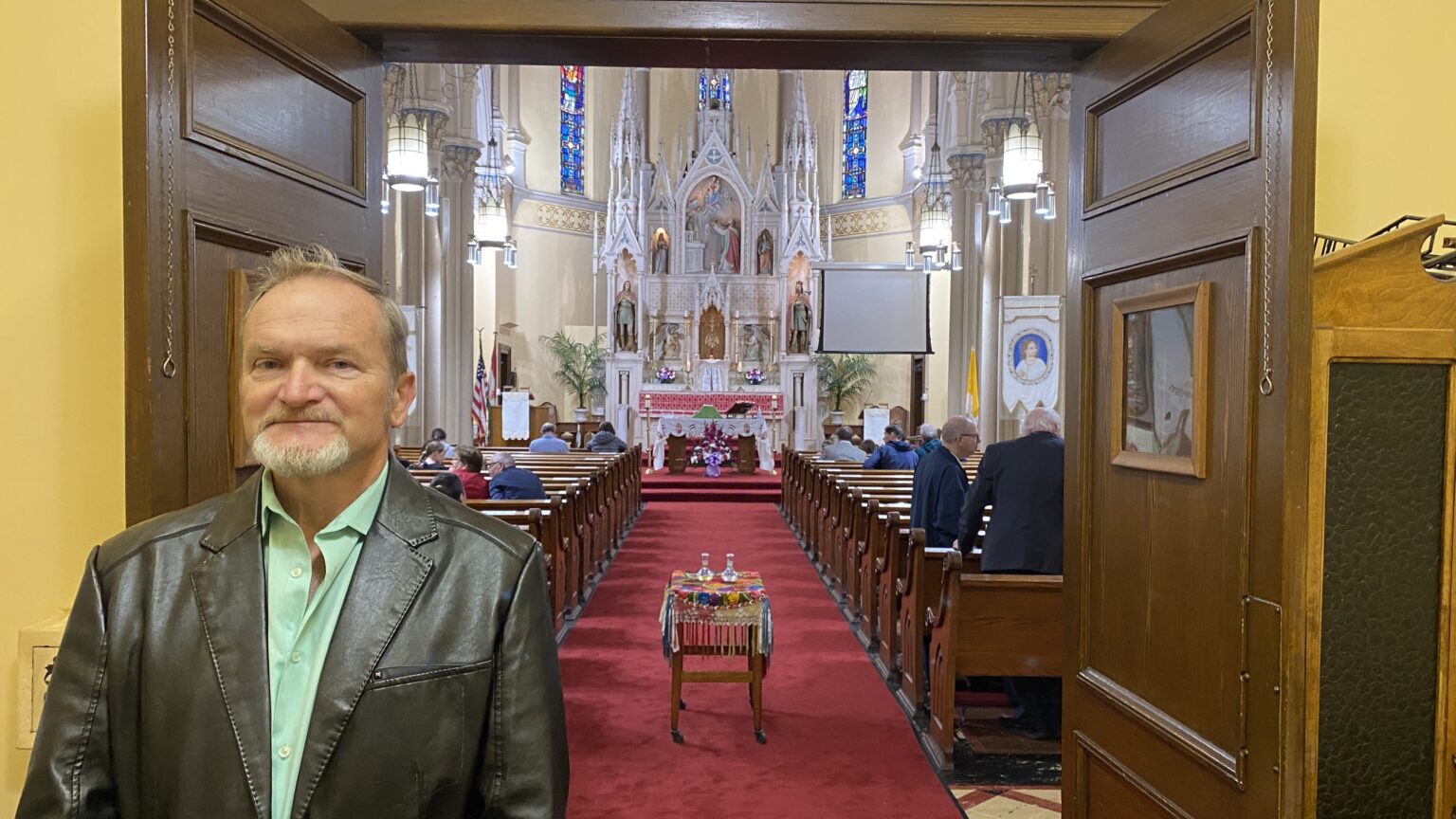
‘I know that if I ask God for something, I will eventually get it. But that doesn’t mean my prayers are only for asking. There are some who feel that being Catholic is only about asking and they are disappointed when they don’t receive what they prayed for. But it doesn’t work that way. I say a long prayer every night to give thanks for all that I have,’ says István Horváth in a profound and moving conversation with our Diaspora correspondent.
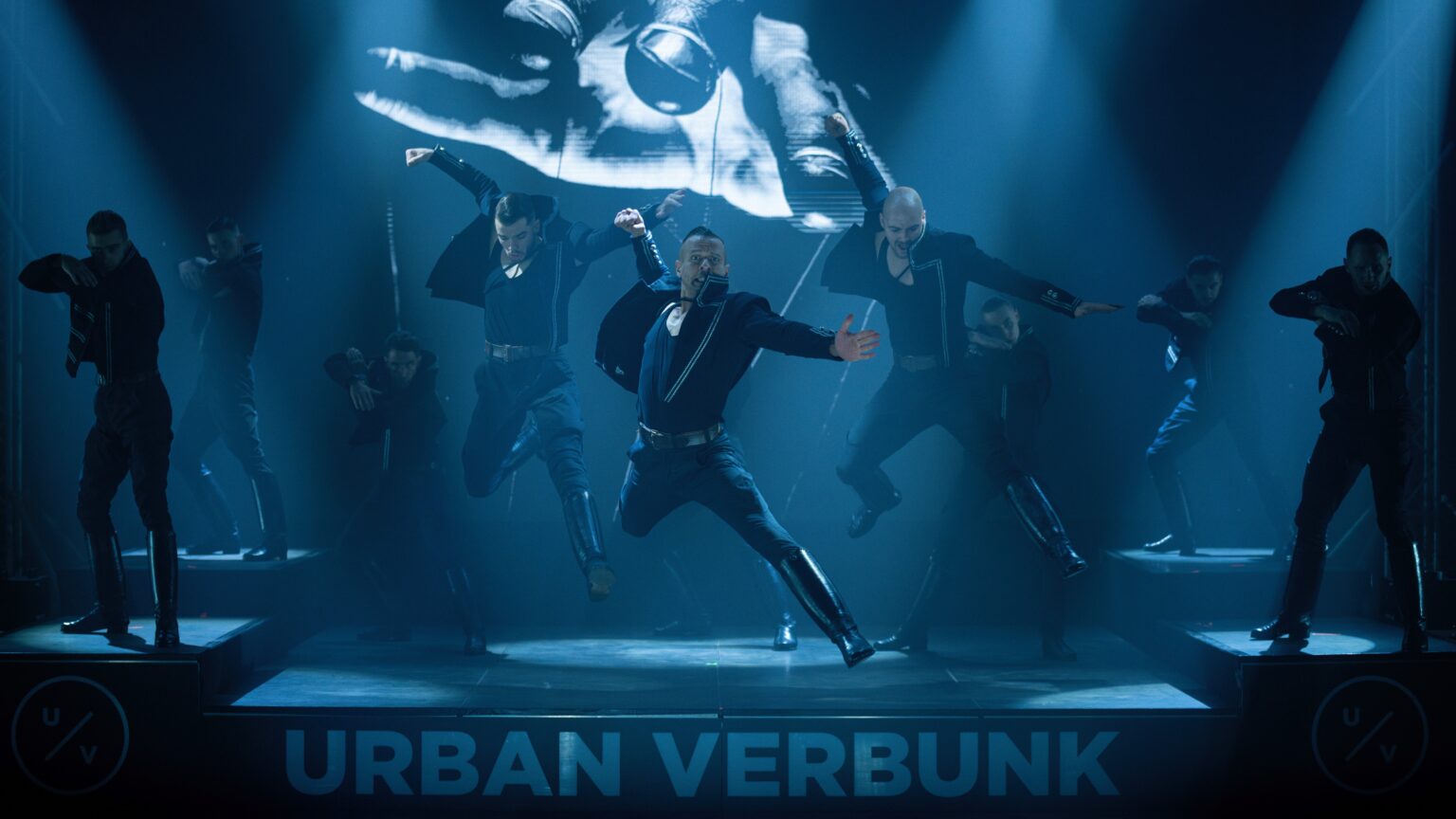
Urban Verbunk is an all-male dance troupe founded in 2018. Its leader, Ahmed Moussa, spoke with Hungarian Conservative to explain the philosophy and the passion behind their ‘urban folk’ project that popularizes Hungarian culture across countries and continents.
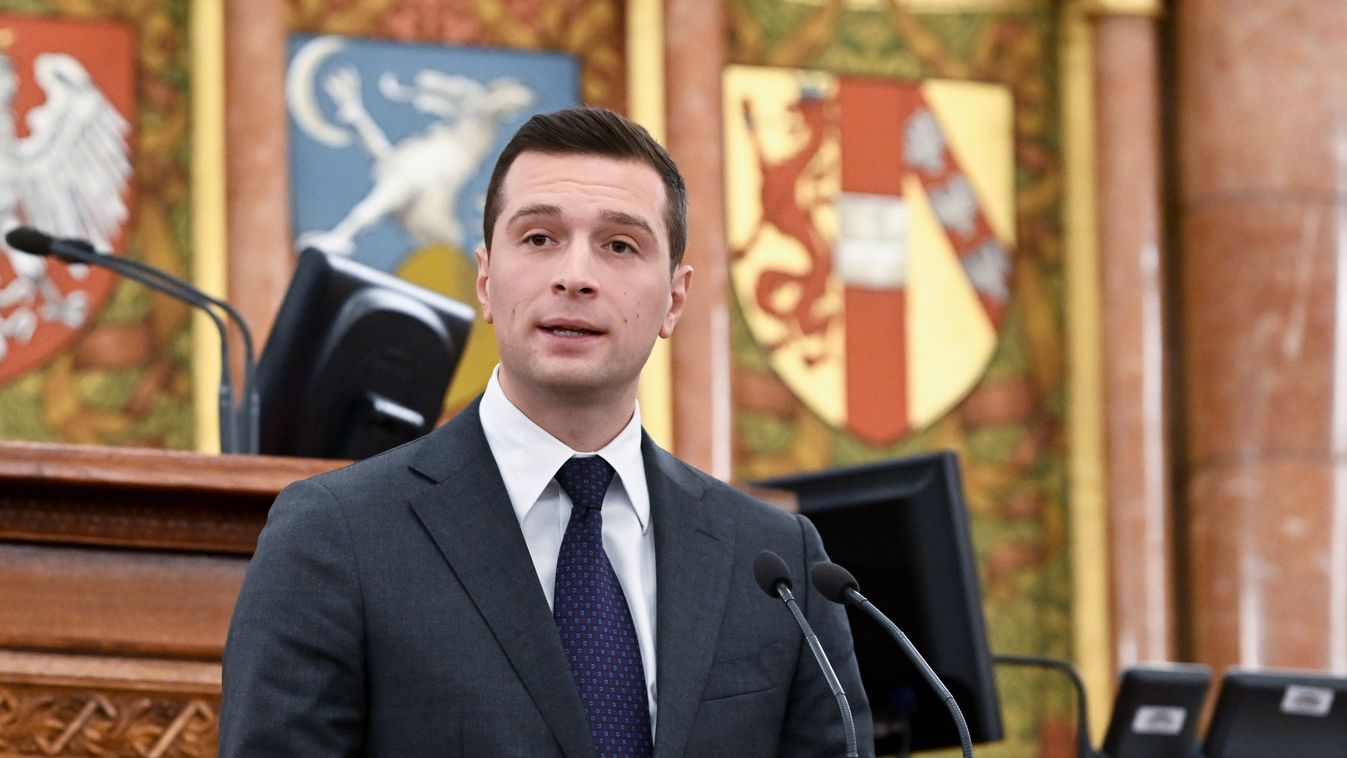
‘We achieved great success in the European elections, then very quickly formed this large Patriots for Europe group, the third force of the European Parliament, with the help of Prime Minister Viktor Orbán and Fidesz, with whom we have a common ambition in Europe: changing everything without destroying anything.’
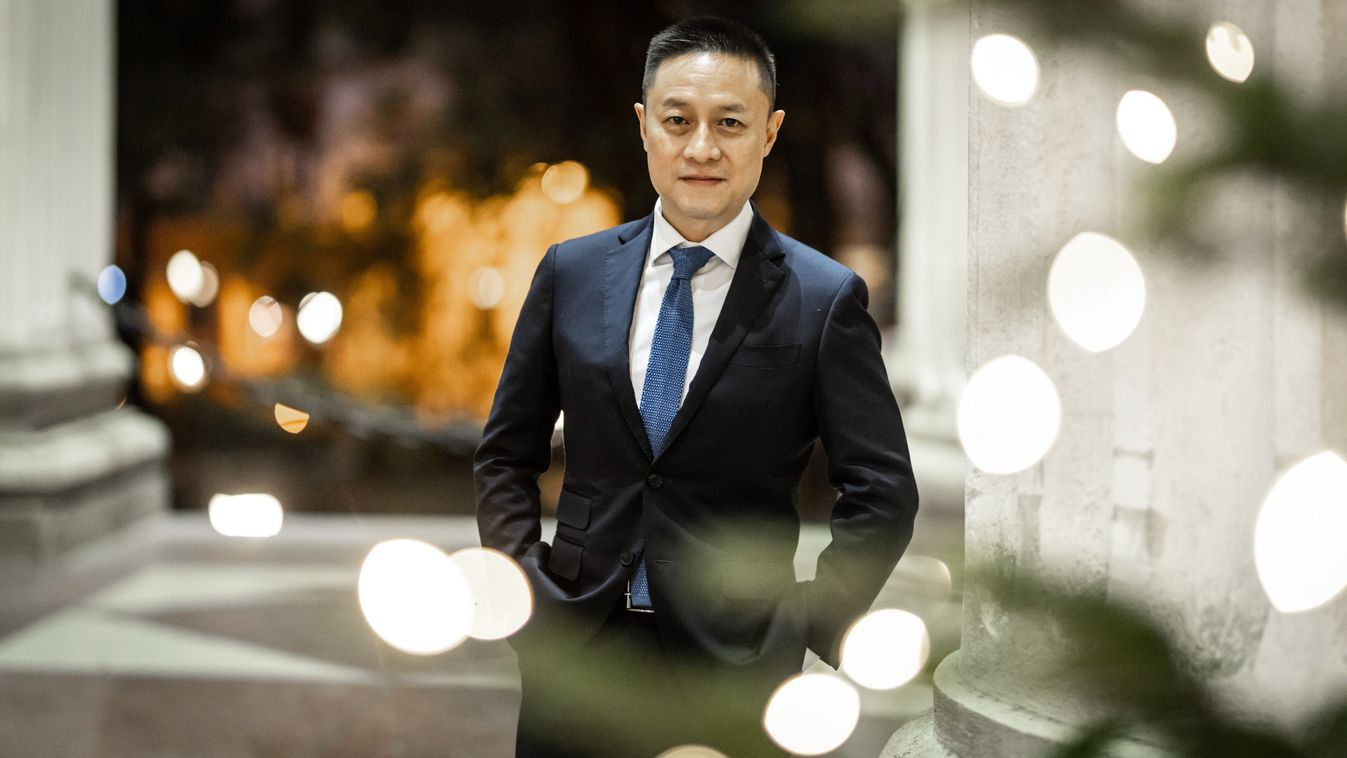
‘I believe that small countries have a big role to play in the current situation…In this kind of environment, I think that smaller countries that can maintain their neutrality are the ones that will win. But the ones that don’t have the willpower and the political autonomy to be neutral—the ones that are actually forced to take a stand—, well, I think, are going to lose the most.’
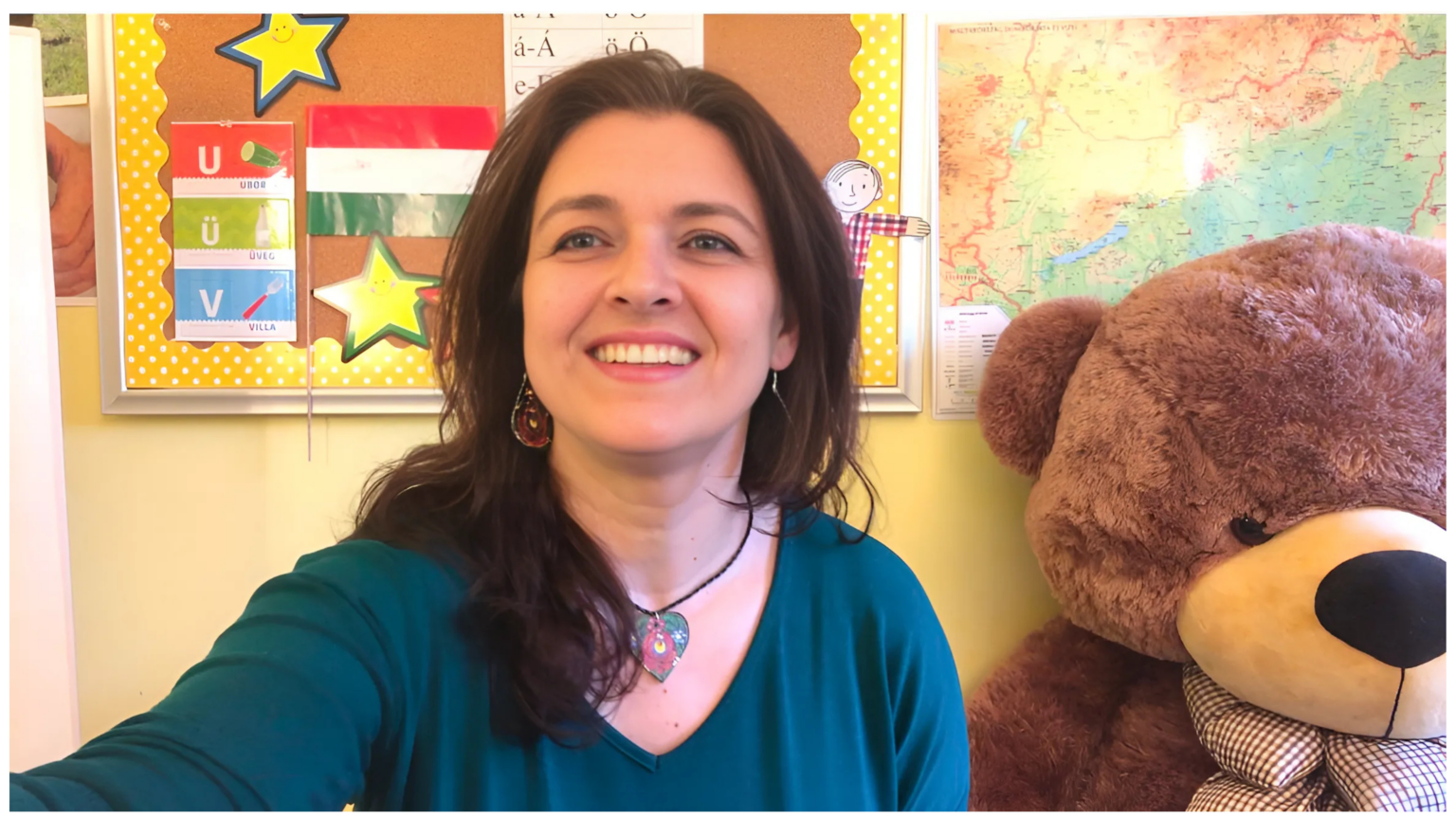
An in-depth interview with Dr. Judit Tamás, who arrived in America thirty years ago as a kindergarten teacher, and after moving to North Carolina, founded the Carolinas Hungarian Group, organized camps for Hungarians for twenty years, and later launched the popular Online Hungarian School, which she has been running for fifteen years. Nowadays they have 250–300 students from 50 countries.
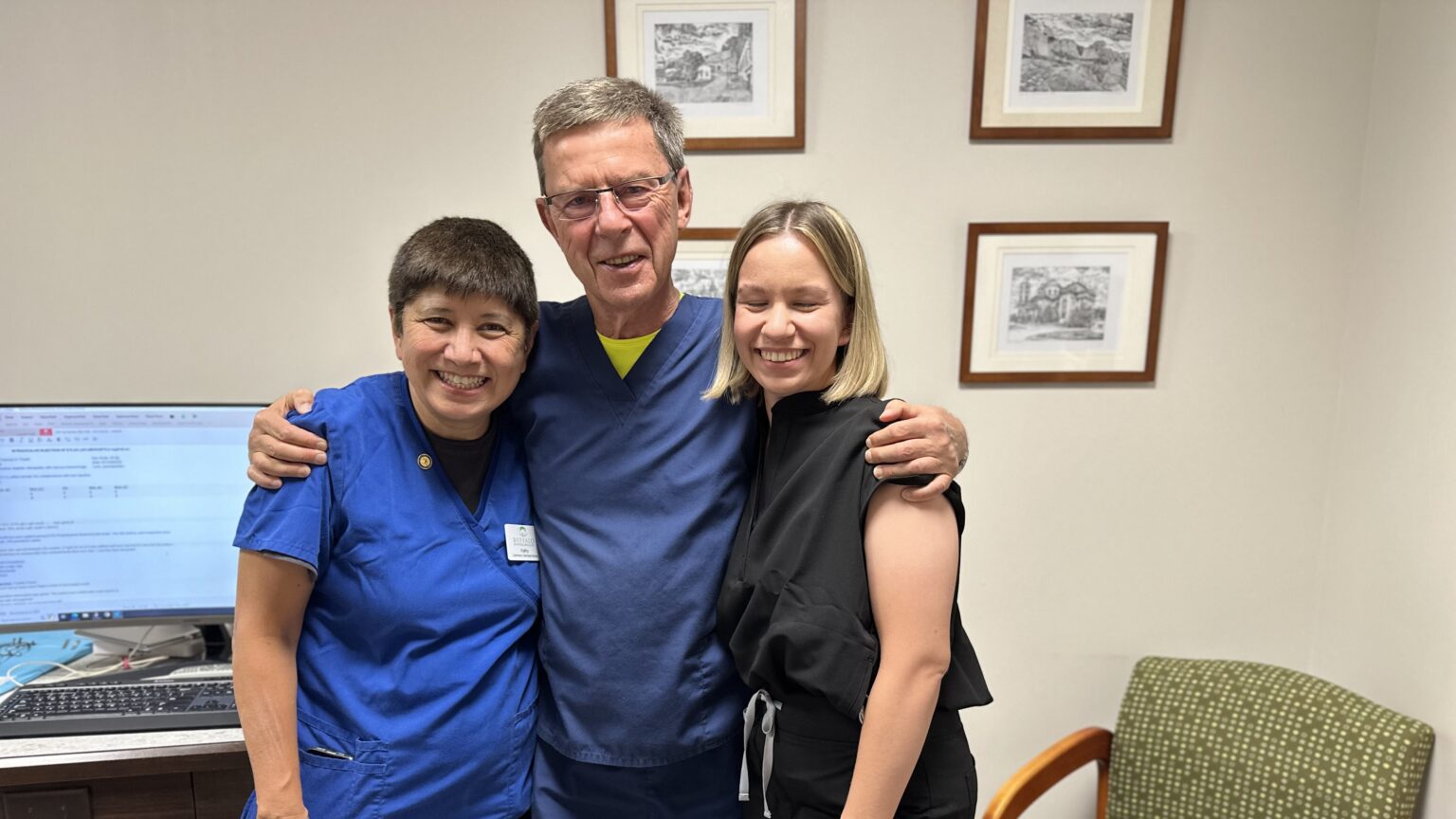
‘When I heard the saying, “Survivors carry the credentials of the forever silenced”, it really touched me. Due to the values instilled in me by the Hungarian scouts and the Piarists, as well as the American attitude of giving back, it slowly emerged as a conviction that I had a responsibility to help others who were less fortunate.’
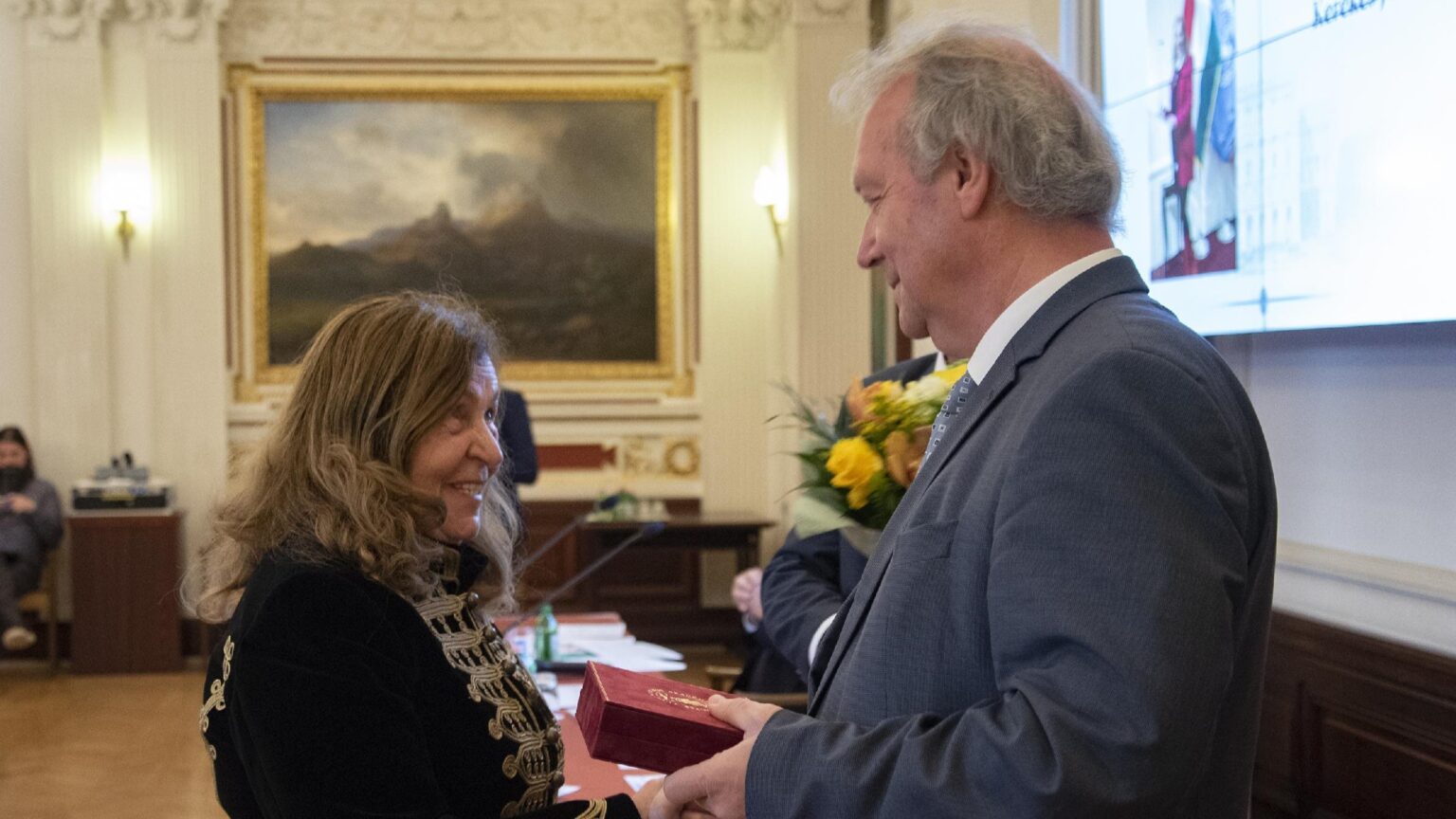
‘Knowledge is yours, but if you keep it to yourself, that’s the end of it. On the other hand, if you pass it on to others, you’ll not have less, while others will have more,’ says Judit Kerekes, professor of mathematics and founder of the first Hungarian summer university in the United States.
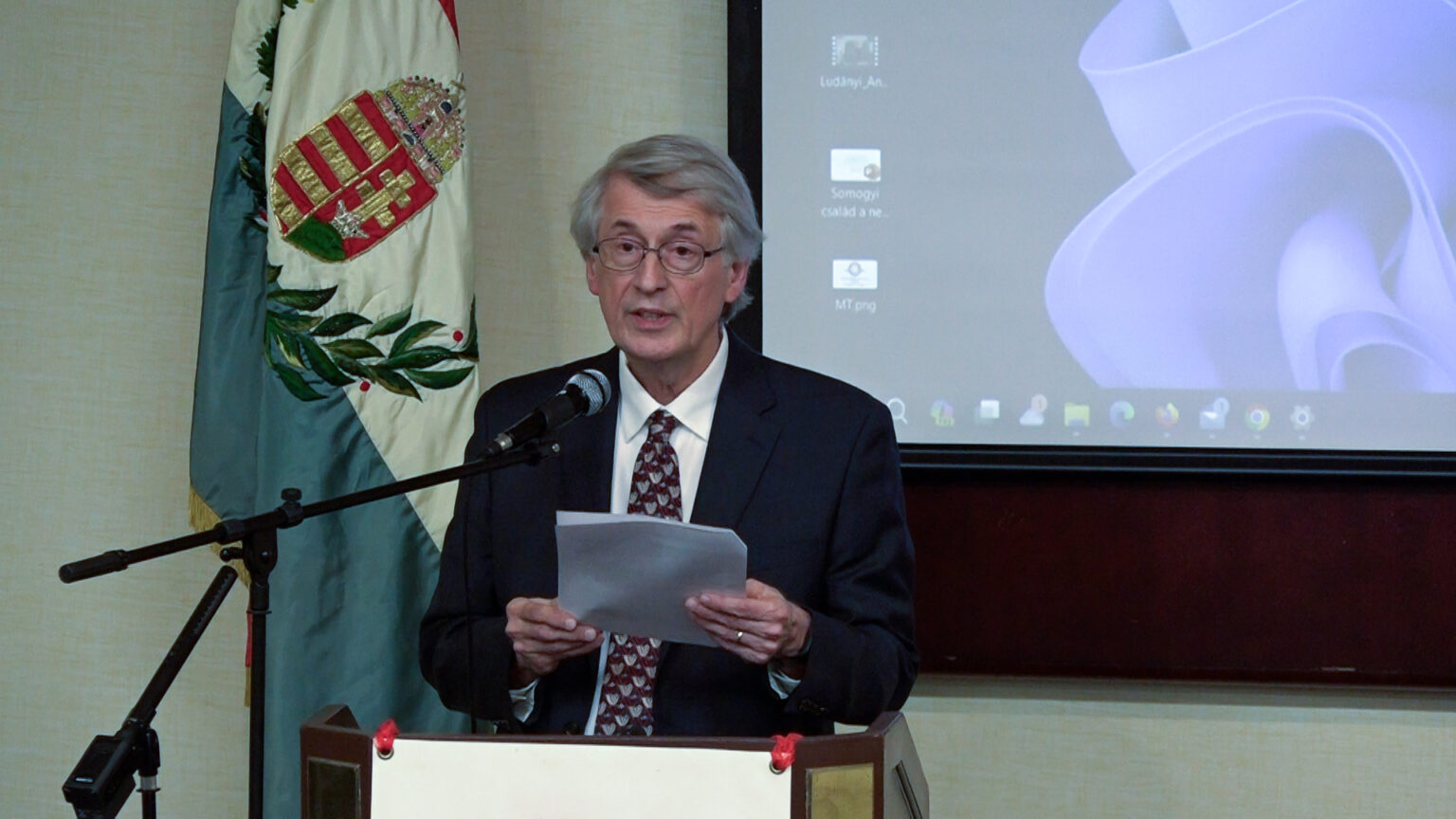
An in-depth interview with Lél Somogyi, son of c-founder of the Hungarian Association, outstanding scholar and Horthy era government official Ferenc Somogyi, about his father’s legacy, his professional career, his family, and his contributions to the Hungarian American community, not the least as the Secretary-General of the Árpád Academy.
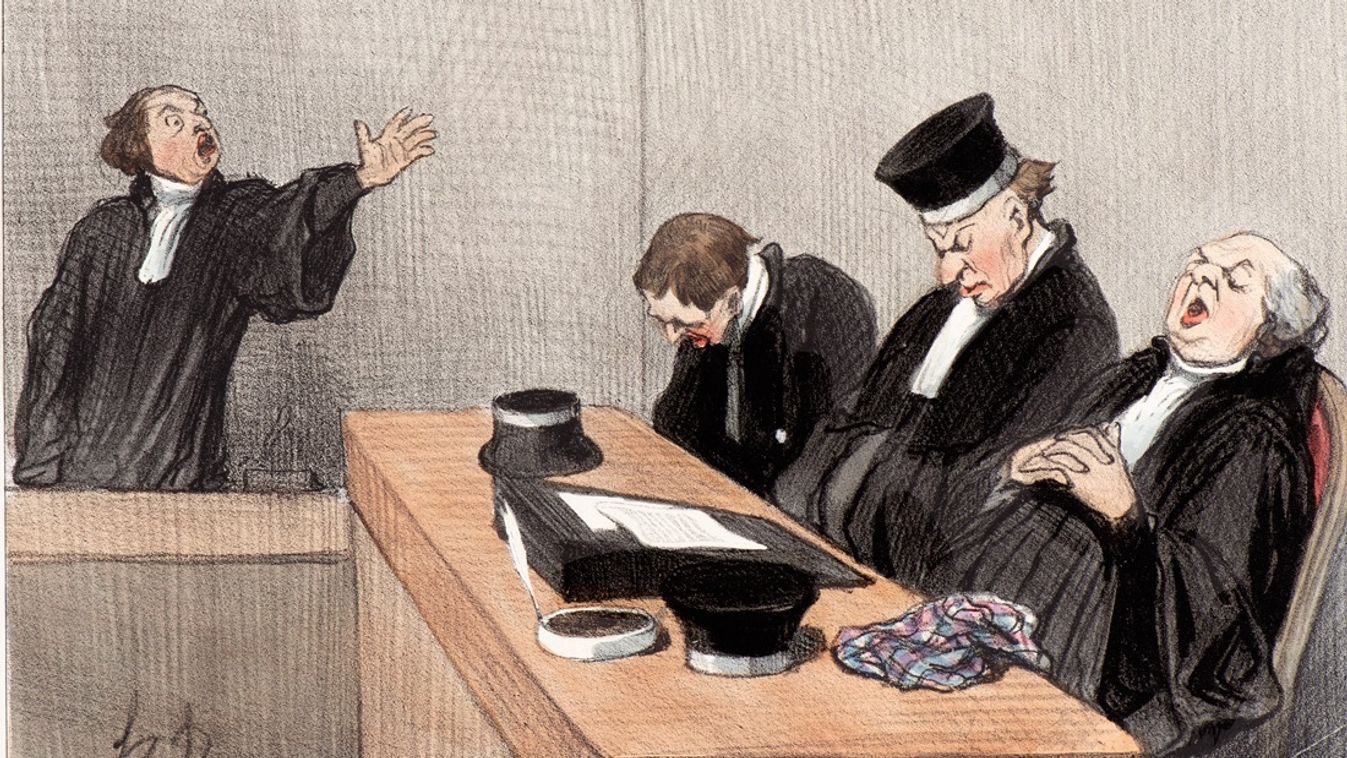
‘Indeed, the cases in which the Open Society Foundation litigates, either directly or indirectly through a representative, are the result of a conscious selection: they are chosen according to their expected political and legal impact and only launched in specific countries. This is how the OSF—and the several NGOs it mobilizes—usually bring cases against Central and Eastern European countries, such as Romania, Slovenia, Poland, or Hungary.’
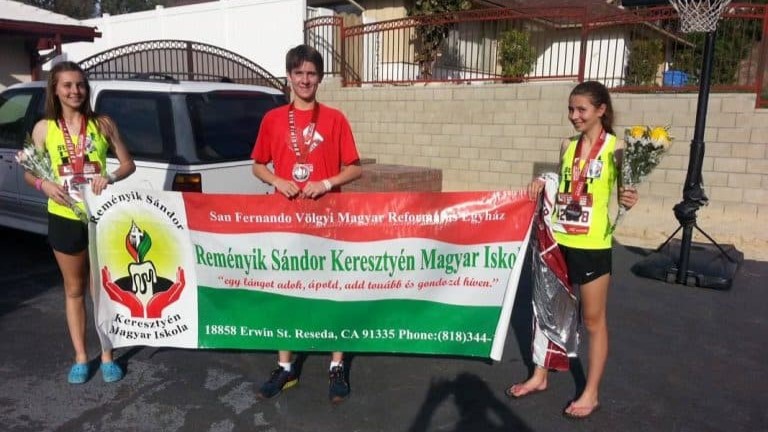
Zsolt Jakabffy answered God’s calling twice: first, when he became a pastor, and then when he moved to California from Transylvania, with the mission of helping the local Hungarian community preserve both their Christian faith and their Hungarian identity. An interview with the reverend who is also the principal of the Hungarian Sunday school,
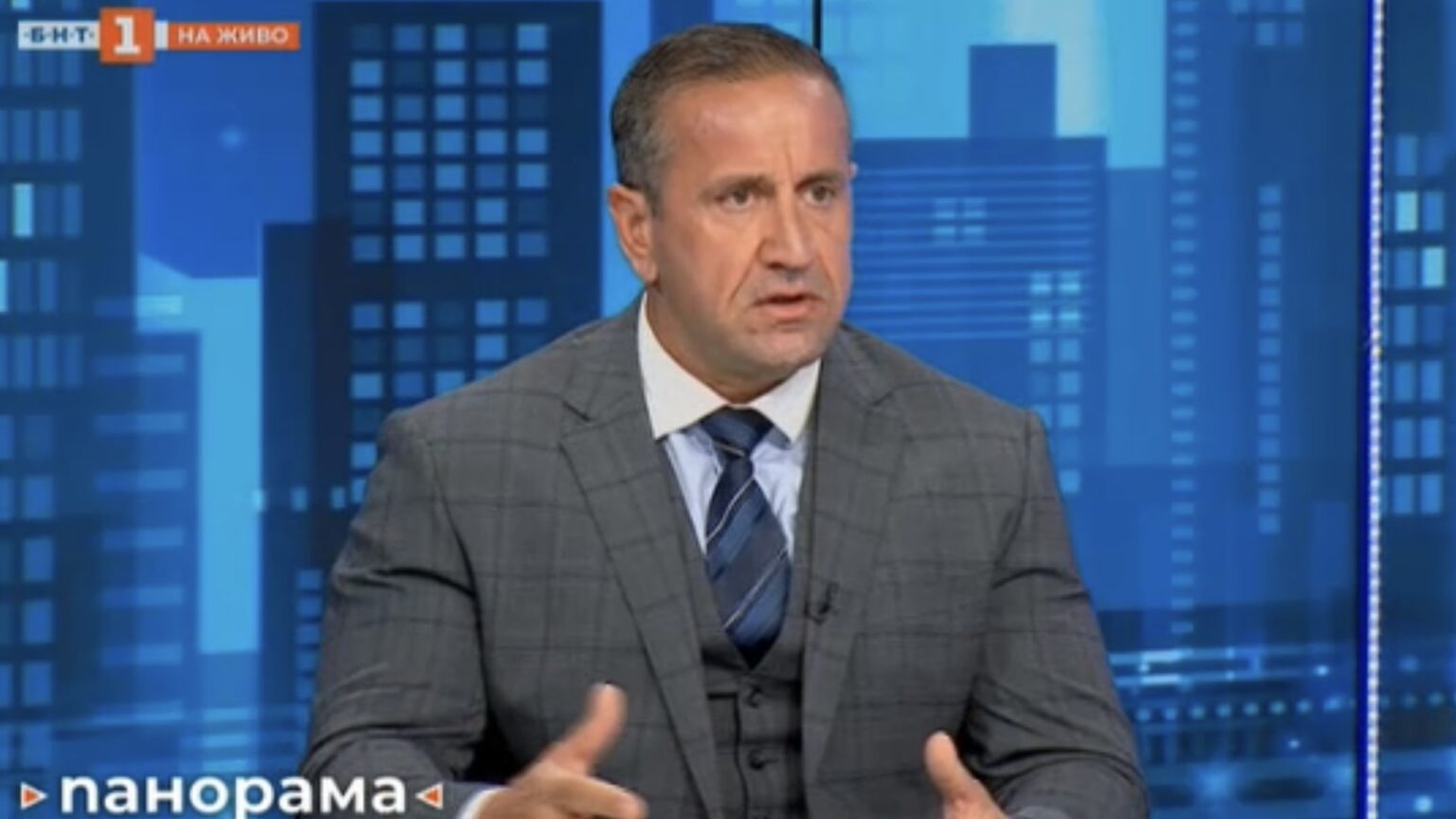
‘I am proud to say that Bulgaria is a multicultural, multi-ethnic and extremely tolerant society. Being the oldest state in Europe and having the oldest inhabited city in Europe, Plovdiv, only shows for how long this society has been preserved. At the same time, we are extremely cautious and sensitive concerning the subjects of tradition, values, religion, family, and homeland. We have kept our borders safe, just like our friends in Hungary.’
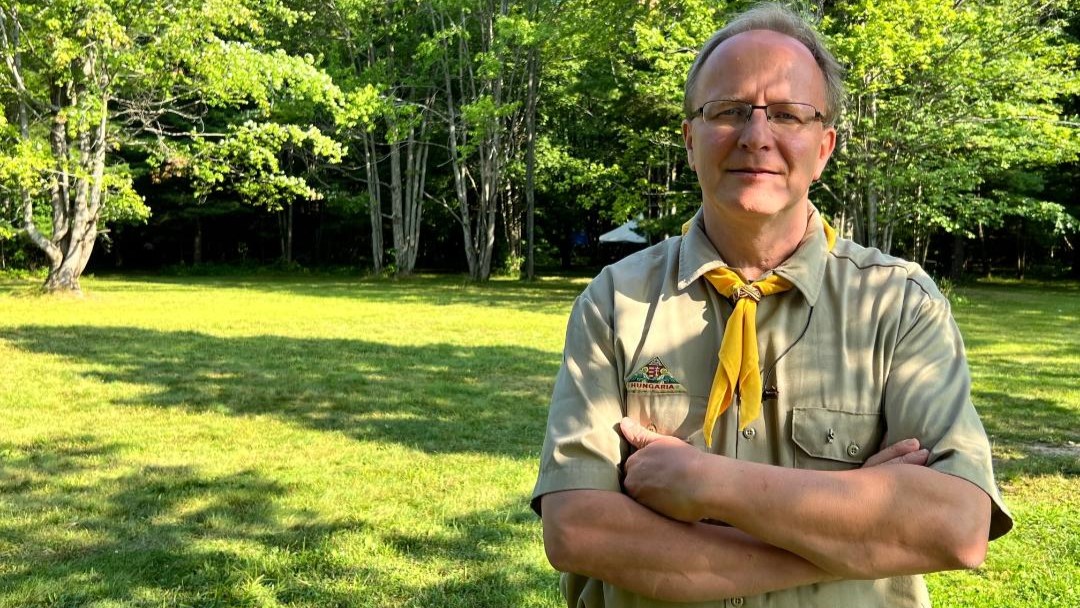
‘It’s very interesting to see to what extent we can acknowledge the fact that diaspora life automatically implies linguistic and cultural assimilation. There’s a growing geographical dispersion; mobility is very characteristic in North America…In 2018 we finally started to talk…about how we see the community, what our strengths and weaknesses are, what we can learn and what challenges we face.’
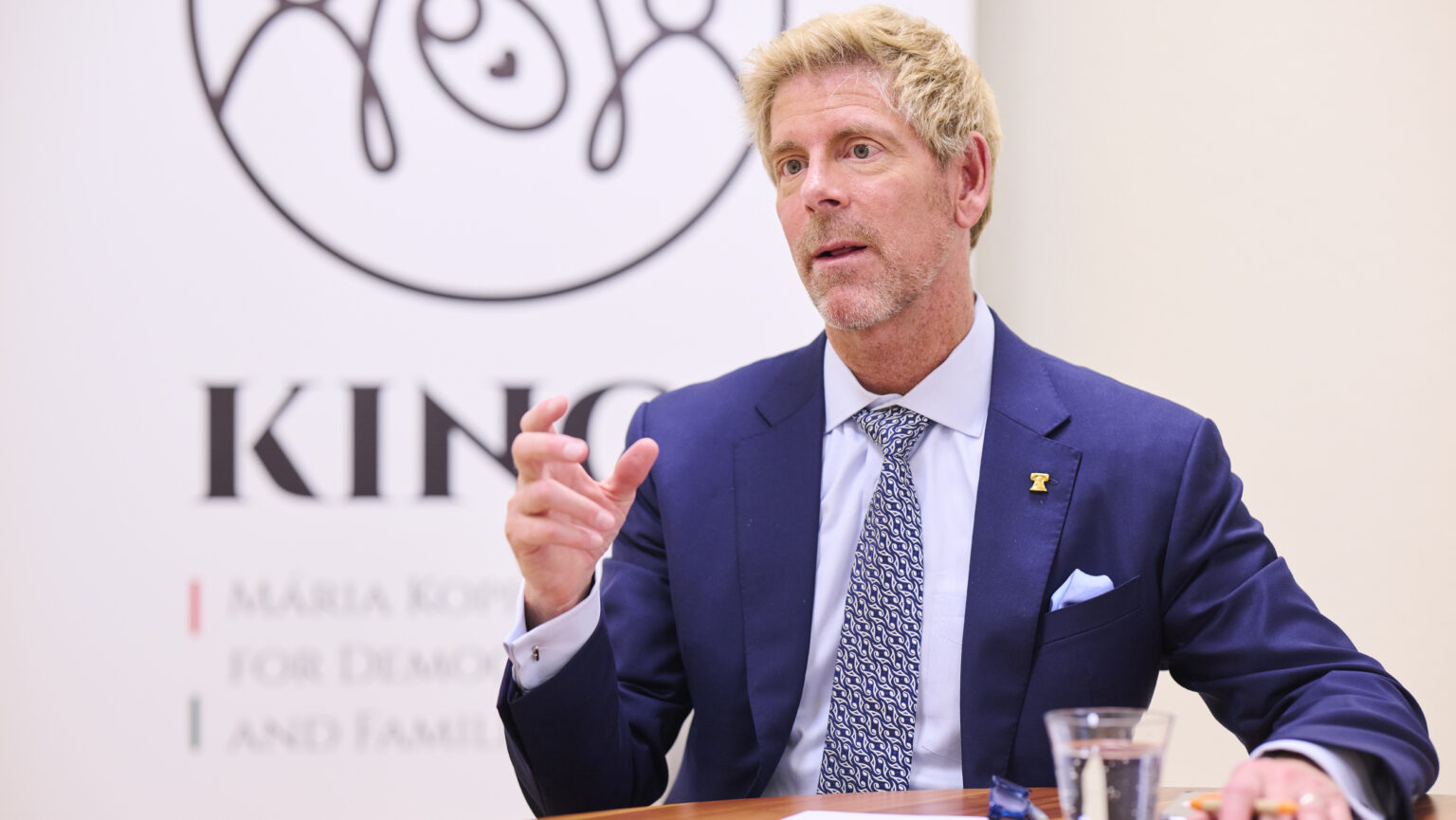
‘It’s nice that a relatively small Central European country like Hungary could be in some ways a sort of laboratory for these kind of family policy experiments so that we could identify which policies had the most significant impact and which ones fell short of delivering the expected results,’ Heritage Foundation Senior Research Fellow Jay W Richards highlighted in an interview with Hungarian Conservative.
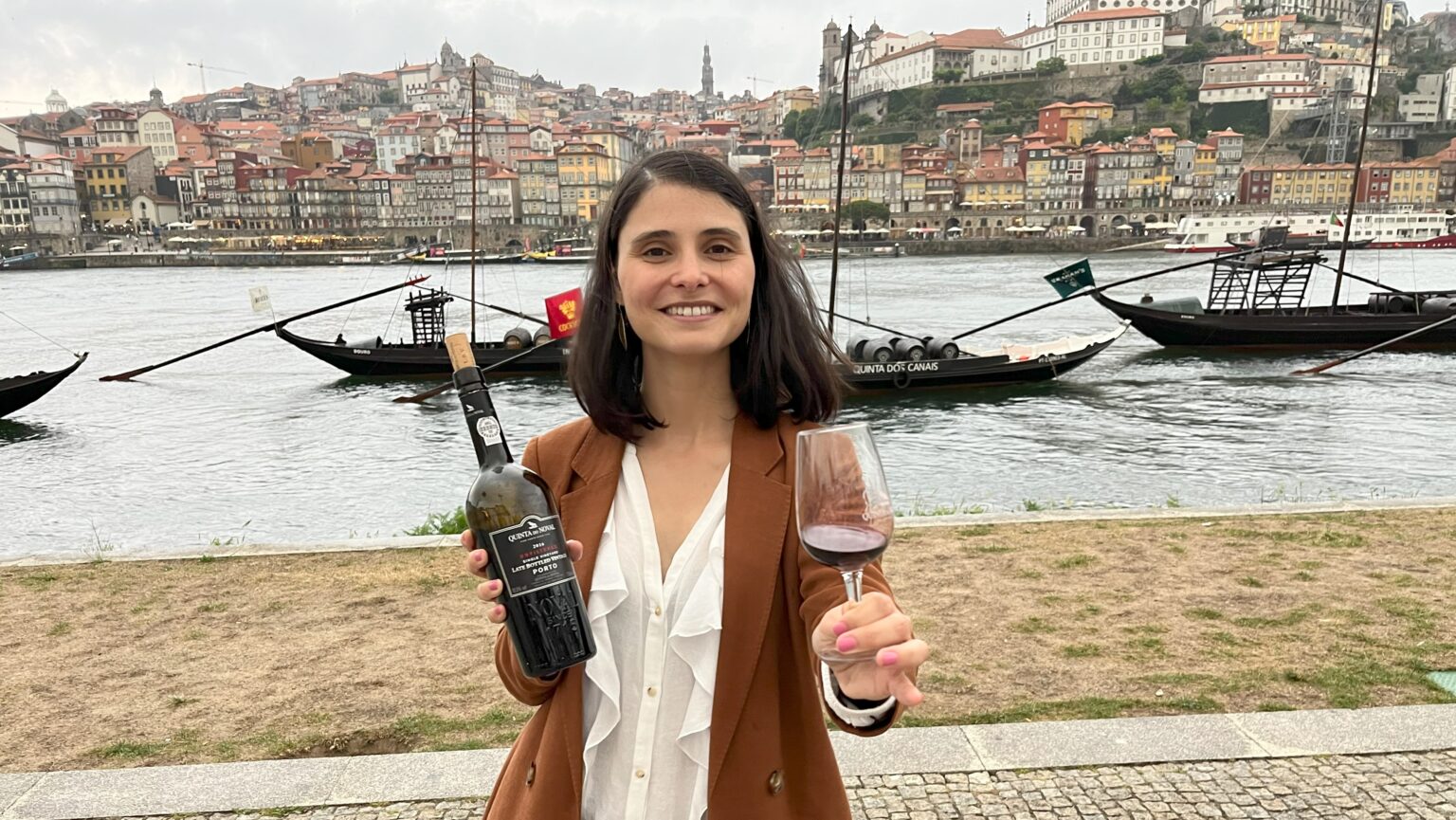
‘I arrived in Hungary in September 2011…In the meantime, I visited Eger, Lake Balaton, Szekszárd, and Tokaj. It was then that I visited the Disznókő (Pigstone) vineyard in the Tokaj wine region for the first time, not suspecting of course that I would one day work with them. Anyway, I liked the wines and the Tokaj cellars…Today, one of my favourite styles of wine is Tokaji Aszú.’
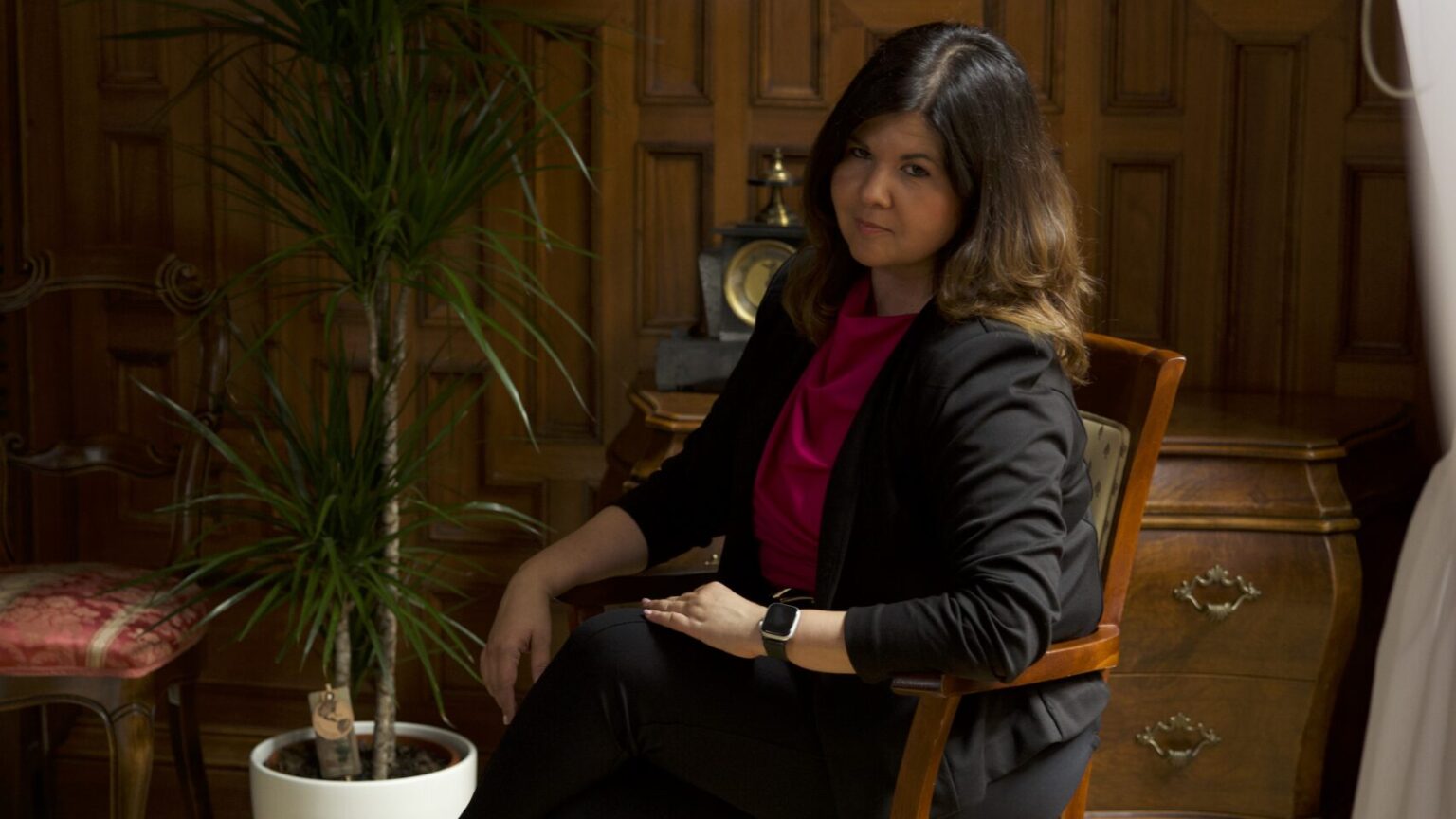
‘If the US prioritizes its own interests, which is understandable, the EU must adopt a similar stance. Should Brussels focus on advancing external economic agendas, Europe risks falling behind in the race for prosperity and progress,’ Hungarian Ministerial Commissioner Bernadett Petri warned in an interview with Hungarian Conservative.
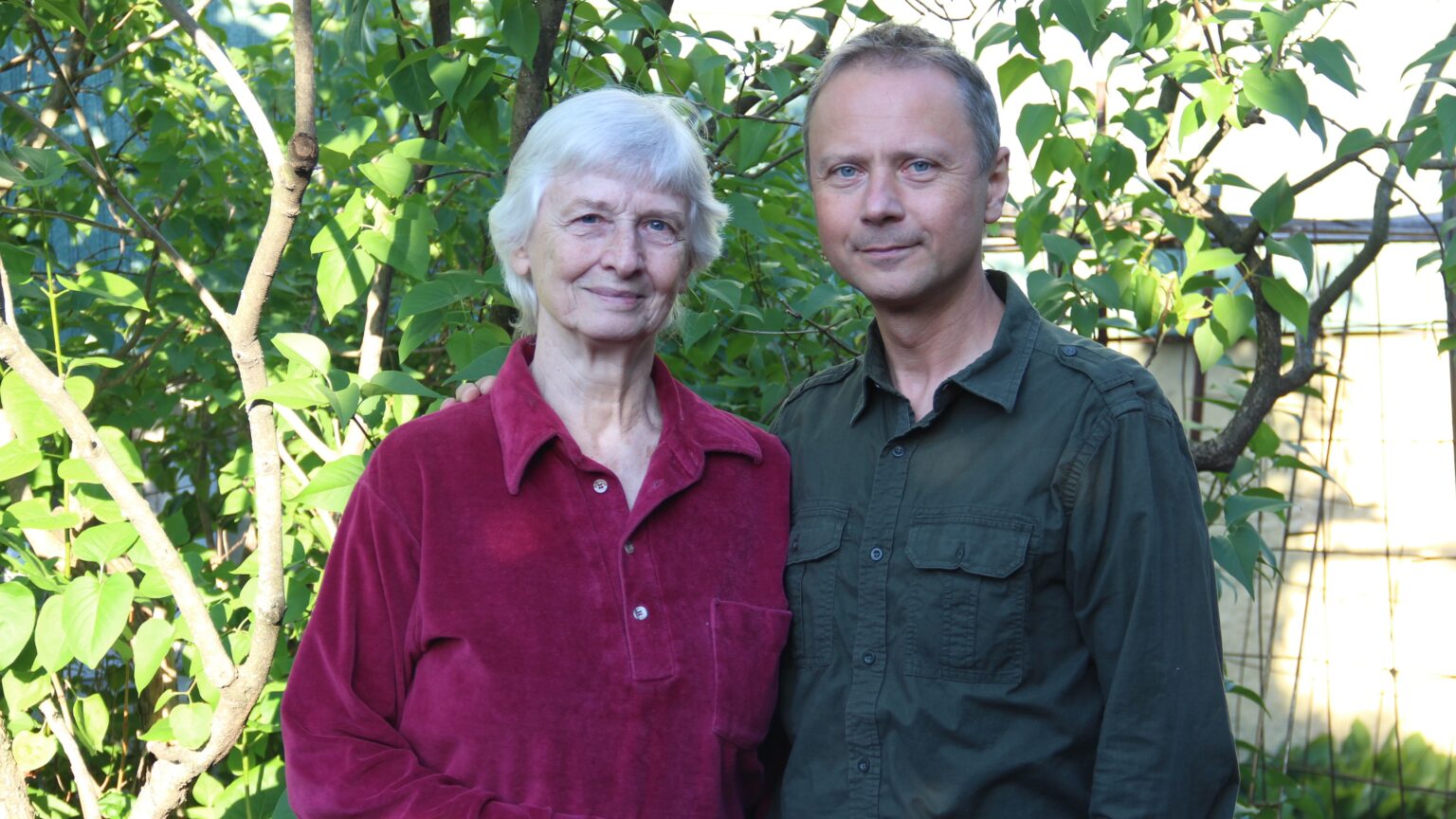
An in-depth interview with German teacher Gergely Tóth, who went to the University of Berkeley, California 26 years ago for a doctoral program, then soon became immersed in local Hungarian community life. Since then, his voluntary work has extended from making oral history interviews to photographing objects and markers on four continents and collecting archival material of the Hungarian diaspora.
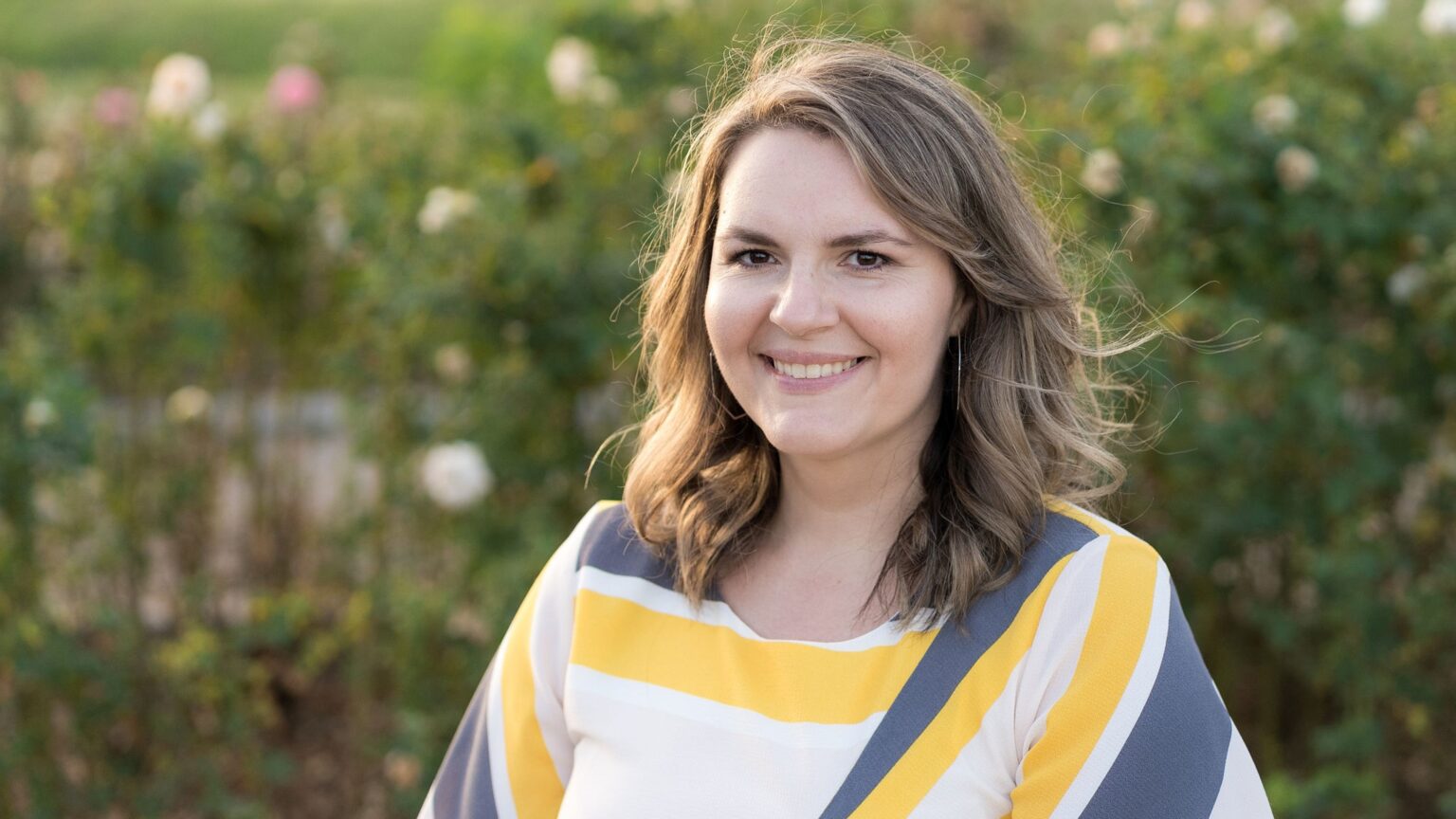
‘We’ve been approached much more often by local American organizations to present Hungarian culture to various schools or other groups as part of a larger, multicultural performance. These collaborations have been so invigorating for our whole team that we’ve come to the conclusion that this could be the path for us. This was one of our missions in the first place: to open up to others.’
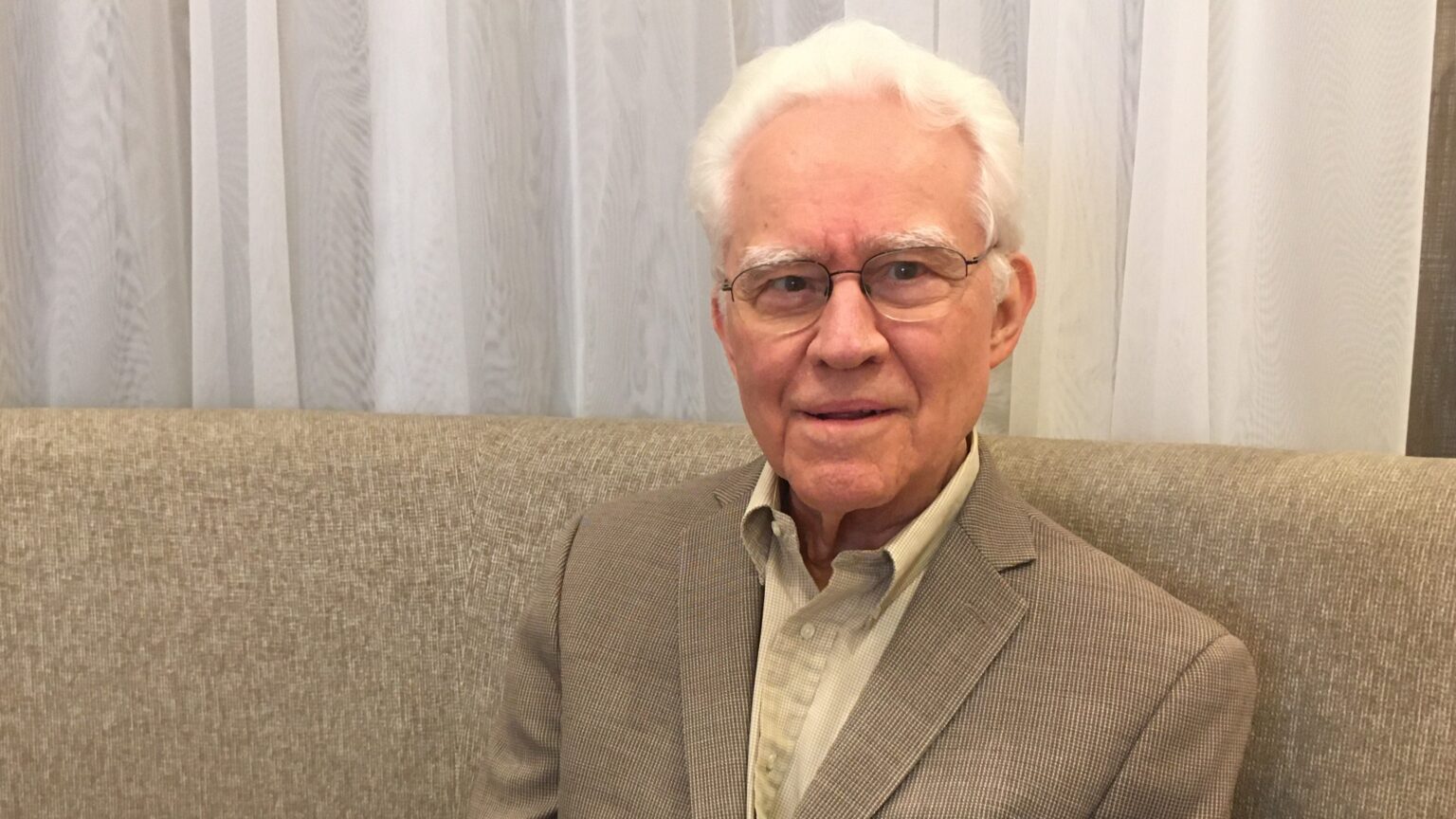
In October 1951, Zoltán Vasvári, a.k.a. ‘Zolibá’, a former Hungarian military officer, gathered the sons of many Hungarian families in his New York apartment to introduce them to Hungarian scouting. Viktor Fischer joined the first patrol in the spring of 1952, and, as he puts it, ‘the scout bug has remained’ in him ever since. A conversation about a long and fruitful life, dedicated to teaching and to the Hungarian American community of the New York area.
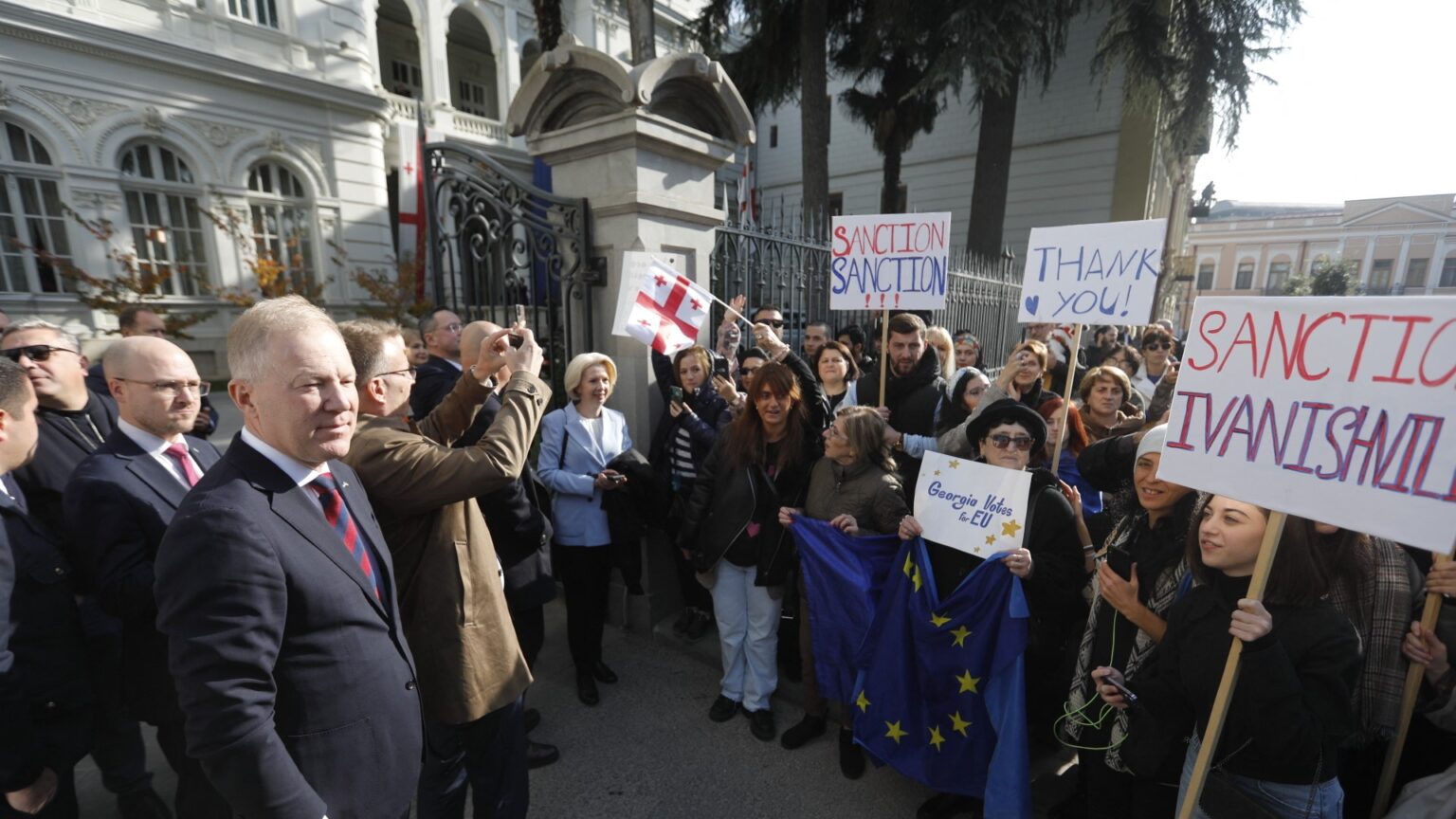
Rodrigo Ballester, Head of the European Studies Workshop at Mathias Corvinus Collegium, shared his perspective on the recent parliamentary elections in Georgia in a recent interview with Hungarian Conservative. Among other issues, he discussed the role of Western narratives, which often frame Georgian politics as a binary conflict between pro-Western and pro-Russian factions.
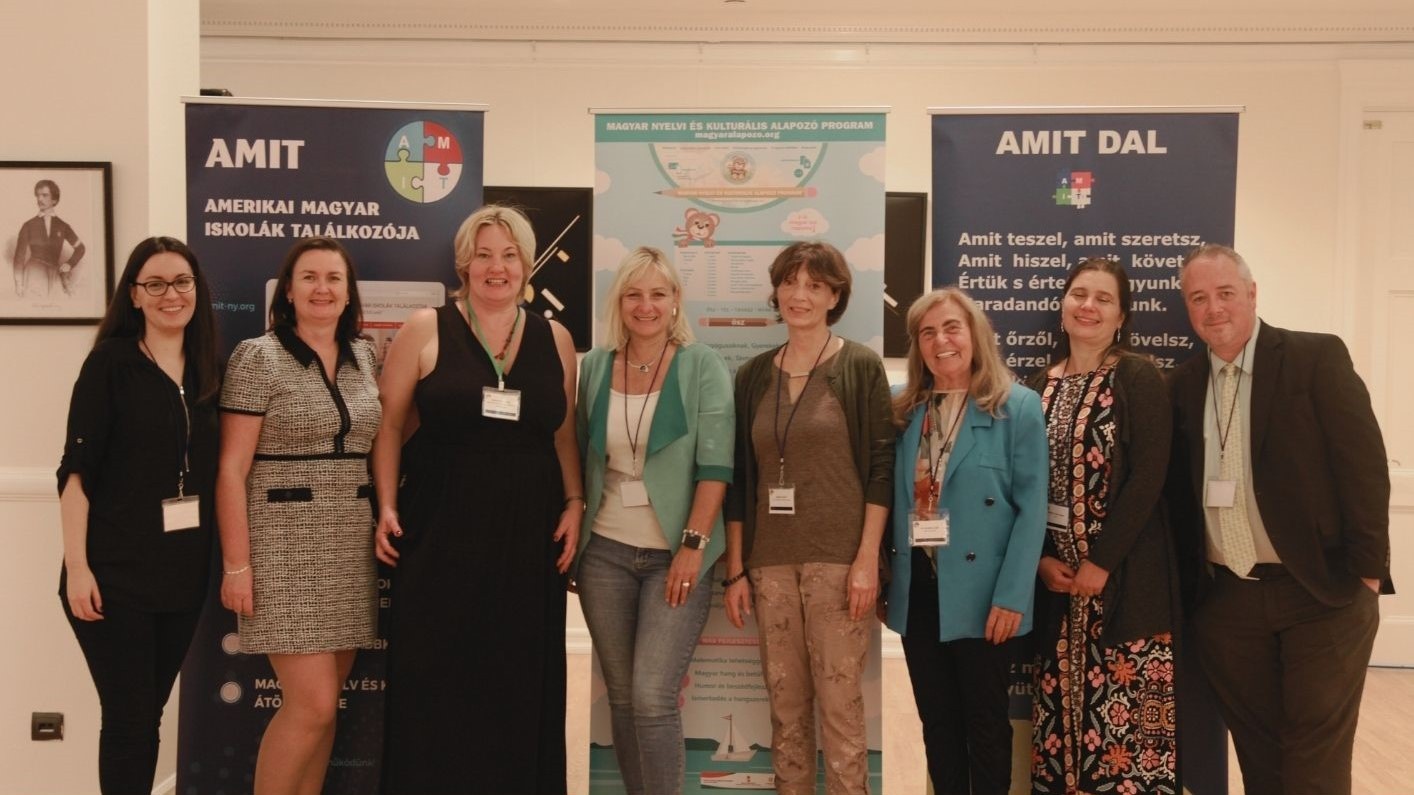
An in-depth interview with Katalin Petreczky, originally a German teacher, who, after moving to the United States, first led an international playgroup and preschool, then through her children became involved in the life of the Hungarian community by becoming the principal of the Arany János Hungarian School and by co-founding and leading the American Hungarian Schools’ Association.
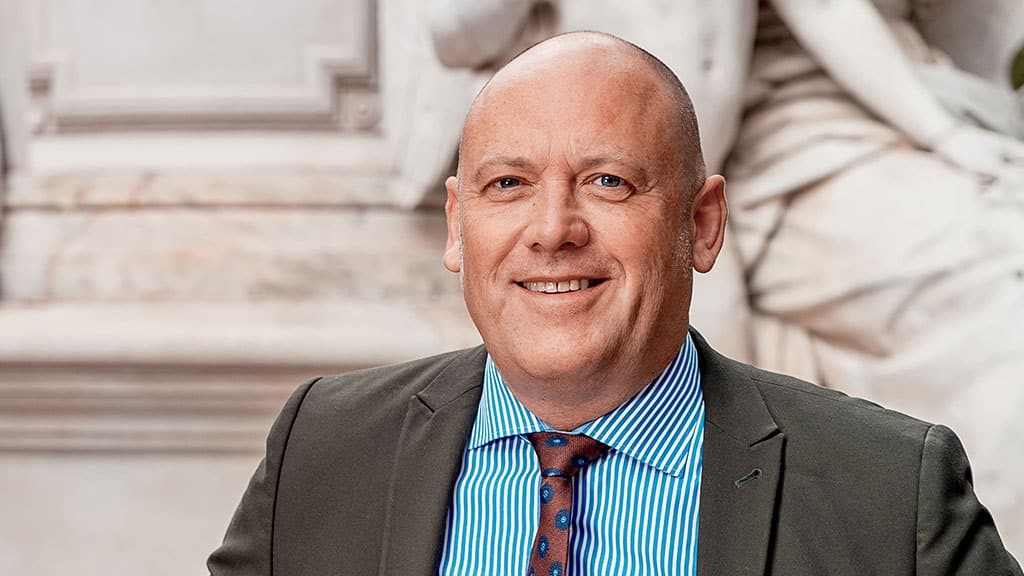
‘If the CDU is not careful, at some point in the future it will suffer the fate of the Italian Christian Democrats, who went from being a 40 per cent party to a small splinter party. And if the economy gets increasingly worse, as predicted, the AfD’s election results are likely to become even stronger. The cordon sanitaire will therefore not survive in the long term,’ AfD MP Joachim Paul told Hungarian Conservative.
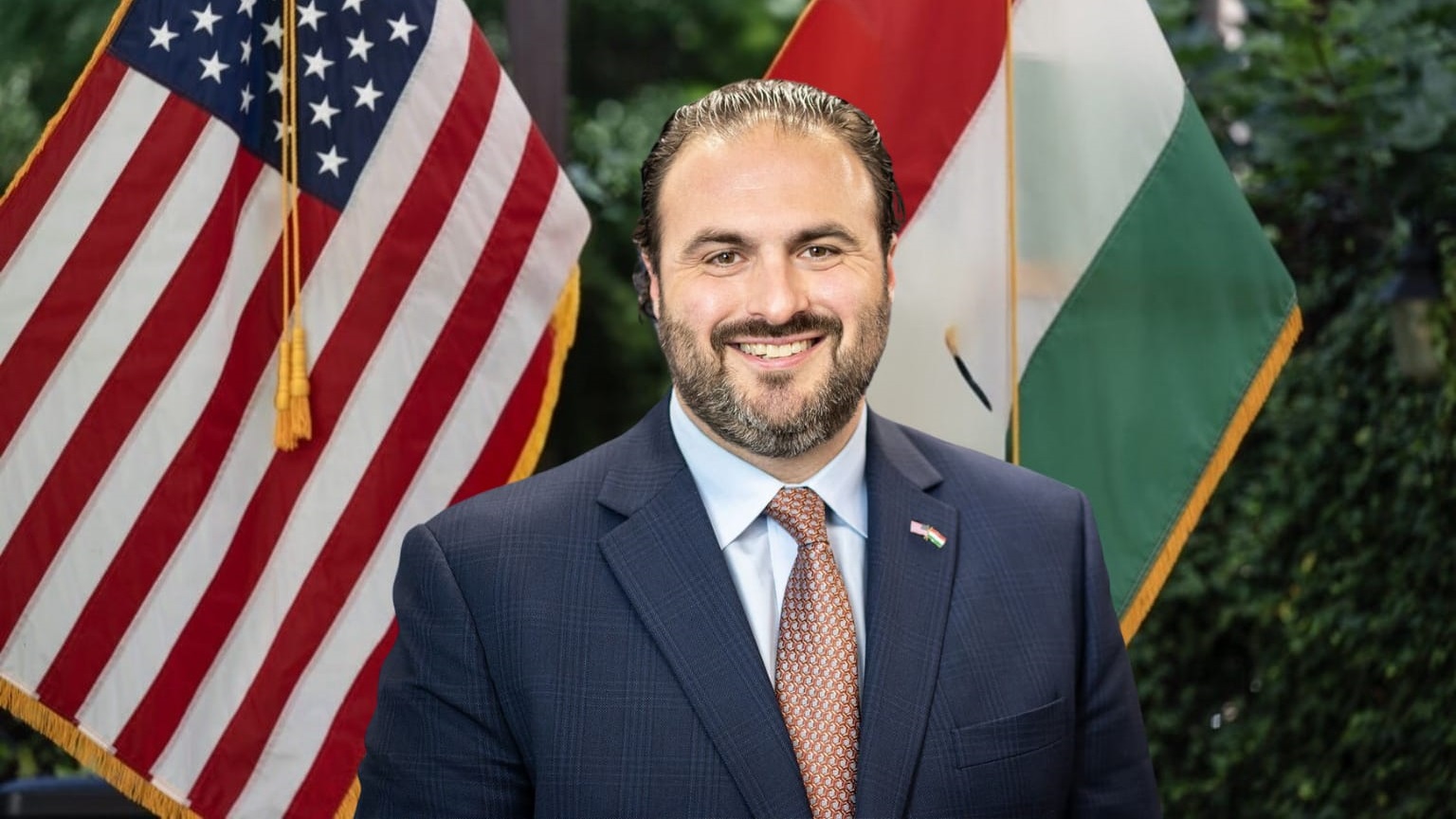
‘The stakes in the upcoming election involve securing America’s borders, achieving energy independence, and revitalizing the economy to reverse inflation and job loss. A return to Trump’s policies will ensure national security, bolster the U.S. economy, and reinforce American strength on the world stage. Trump’s approach emphasizes “peace through strength” and aims to curb crime,’ Bryan Leib, Senior Fellow at the Center for Fundamental Rights told Hungarian Conservative.
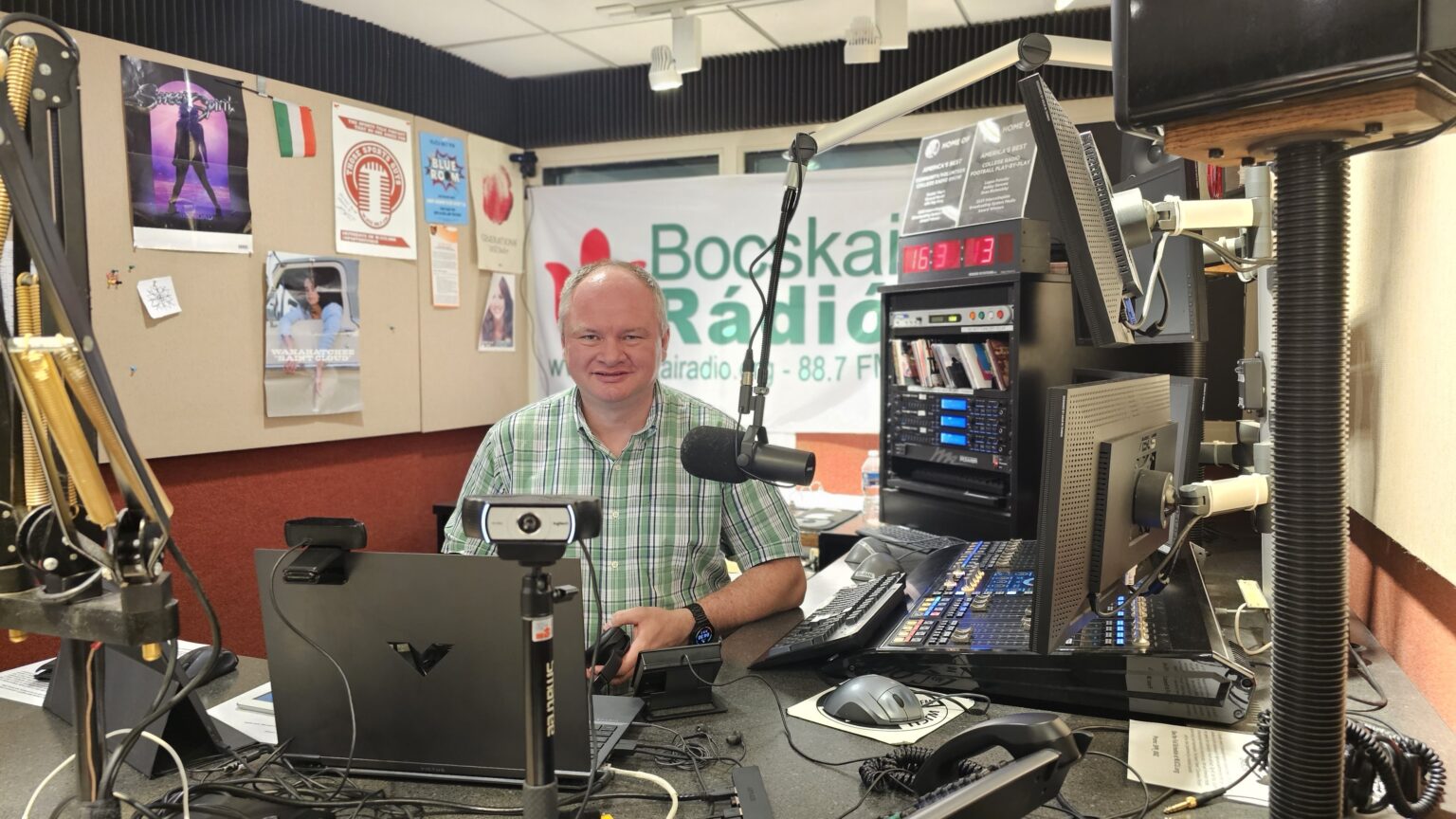
An in-depth interview with Zsolt Molnár, who emigrated from Transylvania, Romania to the United States, where he ran a successful business until a tragic accident happened. He fell from a roof and broke his spine, after which he had to find a new occupation: he ended up taking over the Bocskai Radio in Cleveland, Ohio, which he turned into a radio station for the local Hungarian community.

Hungarian Conservative is a quarterly magazine on contemporary political, philosophical and cultural issues from a conservative perspective.